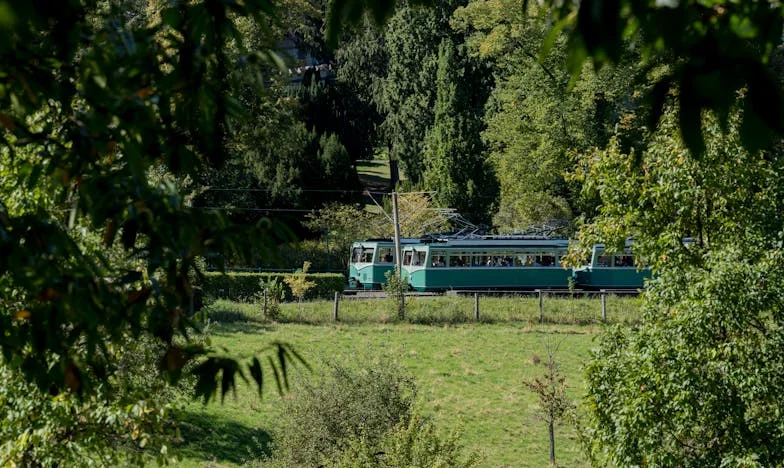Thrown Out by My Own Son: An American Father’s Story of Betrayal and Redemption
“You can’t stay here anymore, Dad. I’m sorry, but Lindsey says it’s just not working out.”
Those were the words that shattered my world, spoken by my own son, Michael, in the living room we’d both called home. I stood there, my hands trembling as I clutched the faded photograph of Mary, my late wife. Twenty-seven years of marriage, raising a son together, building a home brick by brick—and now, I was being told to leave it all behind. I wanted to scream, to beg him to reconsider, but I saw the set of his jaw, the way he avoided my gaze. The decision was final. Lindsey, his wife, hovered in the hallway, arms crossed, eyes cold and unyielding.
“Michael, please. This is my home too. Where am I supposed to go?”
He avoided my eyes. “Dad, you’ll figure it out. You’re strong. And we’ll help you, from a distance. It’s just… Lindsey’s pregnant, and she needs her space. We need our space.”
I felt like the carpet had been ripped from beneath my feet. My son—my only child—banishing me for the sake of convenience. I tried to hold on to my dignity, nodding as if I understood, as if this was all perfectly reasonable. I packed what little I could into a duffel bag—some clothes, my medicine, that photograph of Mary—and left, the door clicking shut behind me.
The next weeks blurred together. I drifted from shelter to shelter in our small Ohio town, always feeling out of place, always ashamed. At sixty-nine, I’d worked nearly all my life as an electrician for the city until my knees gave out last year. Retirement wasn’t supposed to be like this. Mary and I had dreamed of watching our grandkids play in the yard, maybe traveling a little, not me ending up on a park bench with nowhere to go.
One bitter January morning, I found myself sitting on a cold, metal bench in Jefferson Park. My breath steamed in the air; my hands ached with cold. I watched other families walk by—kids giggling, couples holding hands—and felt like I was on the other side of a glass wall. Invisible. Forgotten.
Suddenly, a voice broke through my fog. “Excuse me, sir, are you alright?” I looked up into the face of a young woman, maybe in her twenties, holding the hand of a little girl in a pink hat.
“I’m fine, thank you,” I lied, trying to muster a smile.
She didn’t look convinced. “I see you here a lot. Do you have somewhere warm to go?”
I wanted to tell her to mind her own business, but something in her eyes reminded me of Mary—kind, persistent. “Not really,” I admitted quietly.
She reached into her purse and handed me a coffee, still warm. “My dad used to sit in this park, too. After my parents split, he had a rough time. Sometimes people just need someone to care.”
Her kindness undid me. For a moment, tears pricked my eyes, but I blinked them away. “Thank you. Really.”
Over the next week, she stopped by often—sometimes with food, sometimes just to talk. Her name was Emily, and her daughter, Sophie, became the highlight of my lonely days. We talked about everything—my days in the city, her struggles as a single mom, our favorite books. Somehow, she made the world feel a little less cold.
One afternoon, as Emily and Sophie left, I saw Michael standing across the street. He was watching us, his face unreadable. My heart hammered in my chest. I hadn’t seen him since that awful night.
“Dad.” His voice was tight, almost ashamed. “Can we talk?”
I hesitated. “What’s left to say?”
He shoved his hands in his pockets. “I didn’t know it would get this bad for you. Lindsey said we’d help, that you’d be fine. I just… I thought you’d be okay.”
I laughed bitterly. “You thought wrong.”
Michael swallowed, looking away. “I messed up, Dad. I let Lindsey decide everything, and I pushed you out because it was easier than standing up to her. But seeing you like this… it’s killing me.”
The words I’d wanted to hear for months, but now they felt heavy, too late.
“What do you want, Michael?”
He looked at me, eyes glassy. “I want you to come home. Please. I’ll talk to Lindsey. We’ll figure it out. I’m sorry. I just… I want my dad back.”
For a long moment, I stared at him. I remembered the little boy who used to run to me after baseball games, who’d climb into my lap when he was scared of thunderstorms. Where had that boy gone? Where had I gone?
Emily’s words echoed in my mind: Sometimes people just need someone to care.
“I’ll come home,” I said finally, “but things have to change. I won’t be invisible in my own family.”
Michael nodded, wiping his eyes. “Deal.”
Returning home wasn’t easy. Lindsey was stiff, resentful at first, but after a few counseling sessions, the ice began to thaw. I started volunteering at the local hardware co-op, fixing things, making friends. Michael and I worked on our relationship, little by little. It wasn’t perfect, but it was something.
Sometimes, when I sit in the backyard, watching Michael play with his son—my grandson—I wonder how many families fracture because of fear, pride, or the need to please someone else. How many parents are out there, like I was, invisible and alone?
If you’re reading this, tell me—what would you have done, in my shoes? Would you forgive, or would you walk away forever?
